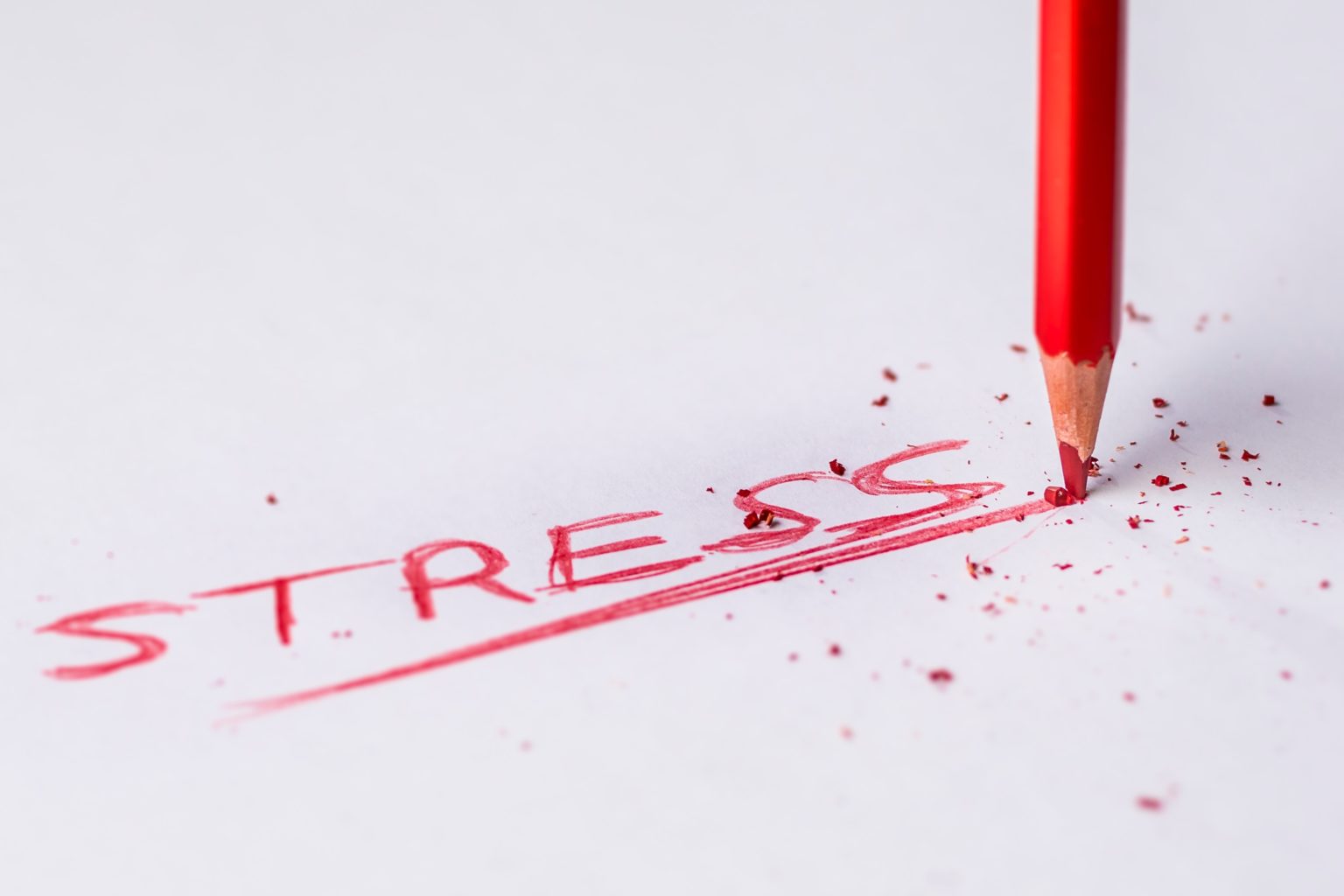Anxious? Stressed? Tight chest?
It is National Stress Awareness Month here in the UK, so I cannot think of a better time to talk about the connection between our mindset and stress management.
At work and home, we know that managing stress is essential for maintaining our best performance; however, it can often feel like an uphill battle. When stressed, we might go for a walk or to the gym, but we usually resolve to comfort eating or drinking instead. Unfortunately, those little coping strategies make us feel better for a while, soon uncovering the same stress or leaving a damaging trail of guilt and shame.
We have all been there.
What if I told you that something as simple as reframing your perspective could be the key to reducing your stress levels? That’s right – regaining a different viewpoint will impact how we think about a situation, and those thoughts will soon impact how we feel. A positive mindset enables us to respond to stressful situations in our daily lives much more calmly and effectively.
The World Health Organisation defines stress “as a state of worry or mental tension caused by a difficult situation. Stress is a natural human response that prompts us to address challenges and threats. Everyone experiences stress to some degree.”
And here is the catch. How do we decide what is a difficult situation or a threat?
If you have worked with me, you might be familiar with me saying, “There are no dinosaurs out there.” If you have not worked with me, you are still likely to grasp the context of my statement. We often react to events and situations with the same fear-based thinking as if there were real-life or death threats. Our brain, wired for survival, will frequently amplify the danger and, therefore, the stress response.
Think about the number of times that a slight off-beat comment created a panic-inducing train of thought. Yes, we can all turn ‘catastrophising’ into an art form!
As humans, we are prone to get caught up in the little things that happen in our everyday lives. While we may not realise it, we tend to overthink and overanalyse situations. As a result, we frequently assign greater meaning to events, clouding our judgement and robbing ourselves of peace of mind. Whatever the reason (that is a whole other blog!), it’s essential to recognise that we sweat the small stuff more than we know, leading to unnecessary stress and anxiety.
While stress can often feel overwhelming and even debilitating, our response to challenges or threats IS what causes most of the stress. Therefore, changing our negative thinking and reaction is the key to reducing it.
Of course, stress is not always a negative thing. On the contrary, some stress is necessary for growth, motivation, and resilience. However, when stress becomes chronic and overwhelming, it can harm our mental and physical health. So, we certainly want to keep it in check.
So if the key to reducing stress is to change our response to challenges, we must start by gaining perspective and evaluating whether a situation is actually a challenge or a threat.
The problem, however, is that our perceptions of challenges and threats can be heavily influenced by our mindset and limiting beliefs. For example, if you believe you are not good enough, too young, or too old, you may perceive a simple challenge as insurmountable. This will inevitably lead to heightened stress levels, and more stress will make everything feel harder to achieve.
The good news is that limiting beliefs can be overcome and replaced with positive, empowering beliefs (or simply more accurate thinking). Plus, viewing challenges as opportunities for growth and learning can reduce our stress levels and increase our resilience.
Therefore, developing mental fitness and a positive mindset is crucial to reducing stress. This means understanding where the negative perception comes from, then focusing on the good in every situation, no matter how small. It also means approaching challenges with curiosity and creativity rather than worry and fear.
In addition to mindset, lifestyle factors can also play a role in reducing stress levels. For example, physical exercise, meditation, mindfulness, and deep breathing techniques have all been shown to lower stress and improve mental health. Of course, sleep, eating a healthy diet, and reducing alcohol consumption are the first positive changes we should focus on when wanting to improve our stress response.
Loosely paraphrasing Dr. Daniel Amen, think of your body as the hardware and the mindset as the software. You need to take care of both to truly be at your best.
In conclusion, stress is a complex and multifaceted issue, but focusing on our mindset and mental fitness can significantly reduce stress levels and improve our overall well-being. We can become more resilient and stress-resilient by changing our perception of challenges, overcoming limiting beliefs, and cultivating a positive mindset.
Remember: “Pain is inevitable, suffering is optional.”





